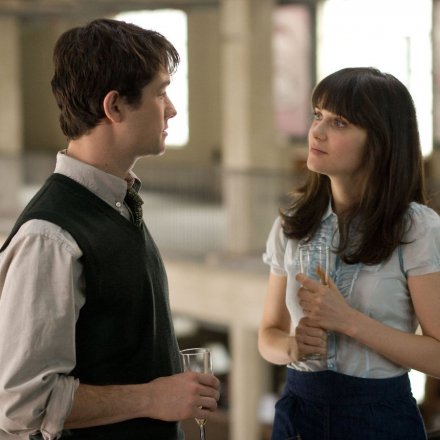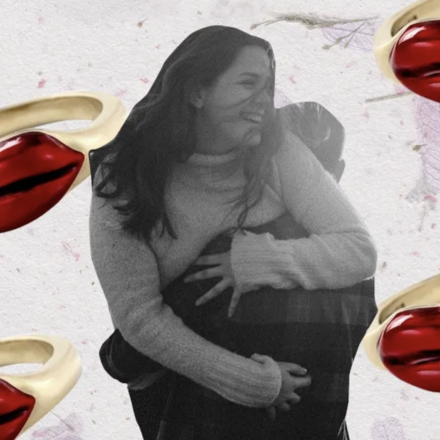6 Reasons Why Attachment in a Relationship May Weaken
Attachment is what makes a relationship strong and harmonious. It nurtures love, trust, and support between partners, providing emotional and physical closeness.
Attachment is what makes a relationship strong and harmonious. It nurtures love, trust, and support between partners, providing emotional and physical closeness. However, no matter how strong the feelings were at the beginning, over time, attachment can weaken. This can happen for many reasons, and today we will explore the 6 most common ones.
Lack of Emotional Connection
Emotional connection is the foundation on which healthy attachment in a relationship is built. When partners lose the ability to share their thoughts, feelings, and support each other during difficult moments, distance begins to form. Without this connection, couples start to feel that their relationship has become empty and insignificant. Instead of solving problems together, they begin to seek comfort outside the relationship, which only deepens the rift.
Only One Person is Making an Effort
No matter how much one partner wants to keep the relationship going, without mutual effort, nothing will work. When one partner puts in much more effort than the other, an imbalance is created. The one who works harder on the relationship will eventually feel exhausted and disappointed. Over time, their trust in the relationship will fade, and the desire to give up will arise.
Unspoken Resentments
Unspoken resentments are one of the main reasons attachment breaks down. When partners hide their feelings and don’t discuss issues, they accumulate inside. The hurt partner may start distancing themselves, behaving coldly or silently, which only worsens the situation. In such conditions, trust and openness—essential for maintaining closeness—disappear.
Overwhelm from Daily Responsibilities
When daily responsibilities and concerns drain all energy, partners no longer have the strength to communicate and maintain closeness. Constant fatigue lowers the desire to spend time together, and instead of joy from shared communication, indifference and alienation set in. Under these conditions, attachment weakens, and the relationship begins to feel like an obligation rather than a source of joy.
Loss of Trust
When trust disappears, the relationship becomes tense and dangerous. Partners begin to doubt each other, leading to jealousy and fears. These emotions gradually replace love and attachment, creating an atmosphere of distrust. If the relationship is not put back on track, such couples risk becoming strangers to each other.
One Partner Feels Unhappy
If one partner is unhappy, it will inevitably affect the relationship. The feeling of dissatisfaction and emotional exhaustion in one partner leads to distancing and avoidance of communication. In such an atmosphere, the joy of being together disappears, and over time, both partners lose interest in each other.



















